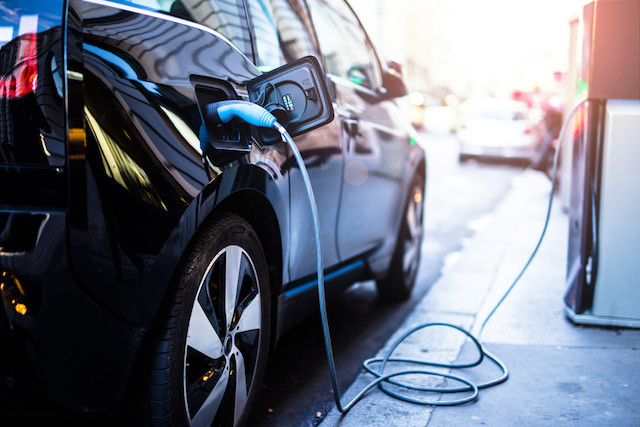This was achieved thanks to a small rise in sales, in spite of what automotive federation Fedamo (created from the merger of Fegarlux and Adal) described as “challenges in terms of choice and logistical difficulties faced by dealers during the course of the year, because of the new European regulation on standards regarding the EUO6d WLTP norms required for all new vehicles.”
As the annual autofestival prepares to get underway at dealerships across the country, it is hard to say whether 2019 will set another record.
One trend which can be counted upon is the continued rise in sales of electric, hybrid and electric plugin vehicles, which have risen steadily in recent years.
In 2018, electric and hybrid vehicles combined made up almost 1.5% of the vehicle stock in the country.
The Luxembourg government introduced a tax allowance for sustainable forms of transport, of up to €5,000 on the purchase of a zero-emissions private vehicle running on fully electric or hydrogen fuel cell; €2,500 for a rechargeable hybrid electric car whose emissions don’t exceed 50g Co2/km.
In early January, the mobility minister François Bausch said this would be replaced with a bonus scheme as an incentive to convert to electric, hybrid and hybrid plugin.
“For sure it will help sales of hybrid and electric vehicles,” president of the garage federation Fegarlux Philippe Mersch said at a press conference on 14 January, adding: “It will help people to buy cars because the tax advantage isn’t considered as an incentive at the moment.”
The challenge remains the cost of electric, hybrid and other fuel vehicles. Even if the number of hybrid cars sold rose by over eight times from 2014 to 2018 and electric by almost 12 times, the number of units sold remains low.
Dealership federation ADAL president Benji Kontz said that among the factors that needed tackling were the price.
“As long as electric cars are more expensive and the consumer doesn’t see all of the advantages of the electric car, incentives help to sell more cars and it’s needed also to push the cars to the market.”
He added that infrastructure also needed to be better adapted to the offer, that there needed to be greater transparency about the sustainability of energy sources for charging vehicles and the choice of vehicles available with electric and hybrid engines could be improved.
Another matter for consideration is the residual value of electric, hybrid and hybrid plugins on the second-hand market. Manuel Ruggiu of the Société Nationale de Circulation Automobile said it was too soon to draw conclusions. But, he hoped that within two years these values would become clearer.
